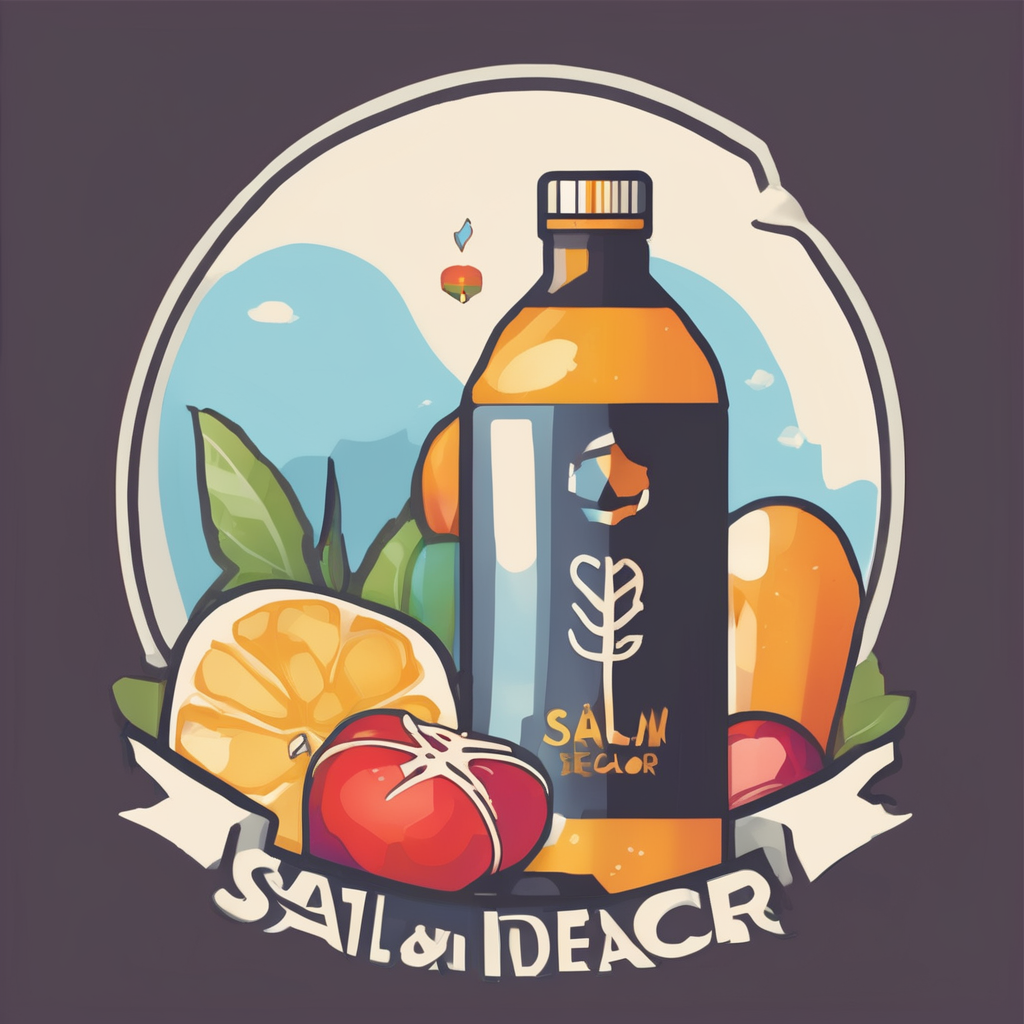Understanding Durable Fabrics for Kitchen Aprons
When selecting a durable kitchen apron fabric, the right choice can significantly influence its longevity, especially in a bustling culinary environment. Ensuring the fabric can withstand frequent wear and tear is paramount. Best materials for chefs tend to balance comfort with resilience, which is why fabric selection is so crucial.
Key factors affecting fabric durability ratings include fibre strength, resistance to stains, and the ability to maintain form after numerous washes. In high-use kitchens, aprons must endure exposure to heat, spills, and frequent laundering. Therefore, it’s vital to choose a fabric that not only deflects stains easily but also remains intact and vibrant after countless cycles in the washing machine.
Topic to read : Discover the Best Environmentally-Friendly Kitchen Sprays in the UK: Our Top Sustainable Cleaning Picks
Industry standards for durable fabrics usually prioritise polyester because of its robust nature and cotton for its breathability. Poly-cotton blends merge these qualities, offering a practical compromise. Chefs often have preferences based on these durable kitchen apron fabrics‘ reliability under stress. Although fabric choice is essential, it is equally important to consider the apron design, as features like reinforced stitching and adjustable straps can enhance both durability and user comfort in high-stakes kitchen environments.
Types of Fabrics for Kitchen Aprons
Choosing the right fabric types for kitchen aprons is essential for ensuring both functionality and longevity. Each fabric offers unique benefits, balancing durability and comfort for chefs.
Also read : Discover the 5 Best Energy-Efficient Microwaves for UK Homes: Top Picks for Your Kitchen
Cotton Aprons
Cotton aprons are prized for their breathability and comfort, making them a staple in many kitchens. They are ideal for chefs who prioritise softness and ease of movement. However, cotton can absorb stains easily and may require regular washing to maintain a clean appearance. Care instructions typically suggest machine washing in cold water to prevent shrinkage.
Poly-Cotton Blends
Poly-cotton blends combine the strength of polyester with the softness of cotton, offering a robust yet comfortable option. These aprons are often preferred for their stain resistance and ability to retain colour after numerous washes. For chefs who need a balance between durability and comfort, poly-cotton blends are an excellent choice. They are easily washable, and tend to dry quickly, reducing downtime between uses.
Canvas Aprons
Canvas aprons are renowned for their toughness and ability to withstand heavy use. Ideal for busy culinary environments, they offer superior protection against spills and high-heat exposure. Despite their durability, some may find them heavier than other options. When it comes to cleaning, hand washing or gentle machine cycles can help maintain the texture and longevity of canvas aprons.
Performance Comparisons of Kitchen Apron Fabrics
When comparing fabric performance for kitchen aprons, versatility in different culinary environments plays a vital role. Durability tests highlight that while cotton aprons offer superior breathability and comfort, their long-term resistance to stains is lesser than their counterparts.
In the realm of resilience, poly-cotton blends excel, often ranking higher in kitchen apron durability tests due to their balanced composition. They provide a harmonious mix of strength and comfort, ensuring a chef can remain agile while also protected. The blend’s structure is particularly beneficial during extensive use, making it a favourite for durability without sacrificing flexibility.
Canvas fabrics, on the other hand, are unrivalled in their toughness. They outstrip others in fabric performance comparison when faced with intense kitchen tasks, effectively shielding against spills and thermal exposure. However, some chefs may find them less conducive to swift, nimble movements due to their weightier nature.
Overall, fabric advantages depend heavily on the chef’s priorities—whether it be maximal protection, ease of movement, or a blend of properties. Each material possesses unique attributes making it advantageous for specific chef needs and preferences.
Care and Maintenance of Kitchen Aprons
Proper care instructions for kitchen aprons are crucial to ensuring their longevity and sustained appearance. Different fabric cleaning methods can significantly affect durability, making it essential to tailor care practices to the specific needs of each material.
For cotton aprons, machine washing in cold water is recommended to prevent shrinkage. Using gentle detergents helps maintain their softness, while ironing on a low setting can restore smoothness. Apron maintenance tips suggest avoiding bleach to prevent fabric weakening.
Poly-cotton blends are more forgiving. They can typically withstand warm water washing due to polyester’s strength. These aprons dry quickly, ideal for busy schedules. Remember, air drying helps retain shape longer.
Canvas aprons require specific attention since they’re more robust but less flexible. Hand washing or using a gentle cycle with minimal detergent is best. Laying them flat to air dry preserves their form and prevents warping.
Addressing stains promptly is vital. For oil-based stains, applying a small amount of dish soap can break down grease before washing. Apron maintenance tips suggest regular inspections to catch minor issues early, prolonging the apron’s useful life.
Product Recommendations for UK Chefs
Selecting the best kitchen aprons for chefs goes beyond fabrics; brand reputation and user experiences play crucial roles. Here’s a look at some top-rated choices that fit diverse needs and preferences.
Top Picks for Cotton Aprons
For those seeking breathability and comfort, cotton aprons from brands like Dalstrong and Williams-Sonoma come highly recommended. These aprons cater to chefs prioritising softness, receiving praise for quality and durability, despite regular laundering.
Best Poly-Cotton Blend Options
Poly-cotton blends offer a seamless mix of resilience and comfort. Brands such as Chef Works or Bragard are noted for their stain resistance and ability to retain colour. These aprons are optimal for chefs demanding durability in fast-paced kitchens, with user feedback attesting to their longevity and reduced maintenance demands.
Recommended Canvas Aprons
When durability is non-negotiable, canvas aprons from Carhartt or Hedley & Bennett are ideal. These offer unparalleled protection in high-heat and spill-prone environments. Although slightly heavier, many chefs appreciate their sturdy feel, confirming their efficacy in demanding culinary settings.
Prices vary across products, catering to different budget levels, and availability at local UK stores ensures accessibility. Rely on trusted brands that offer the best materials for chefs, supporting longevity and performance in the kitchen.
Conclusion on Fabric Selection for Durability
Selecting the right apron fabric is crucial for chefs aiming for both functionality and longevity. Emphasizing durable kitchen apron fabrics, the right choice can significantly enhance a chef’s work environment, with the best materials for chefs not only reflecting personal comfort but also operational resilience.
In terms of fabric durability ratings, polyester and cotton blends lead the way, combining toughness with breathability. Durable kitchen apron fabrics, like poly-cotton blends, deliver an efficient balance conducive to fast-paced kitchens due to their resistance to frequent washing and heat exposure. As these mixtures deflect stains proficiently, they maintain visual appeal over long usage periods.
Durable kitchen apron fabrics ensure stronger resistance to kitchen-related stressors, aligning with industry demands. As a result, choosing such fabrics is a pragmatic decision for those in culinary spaces. The best materials for chefs should cater not only to the intensity of kitchen environments but also to user comfort, as this supports sustained focus and efficiency during cooking sessions.
Ultimately, aligning fabric selection with specific culinary demands maximizes apron lifespan, allowing chefs to continue presenting their culinary artistry in style and confidence.



